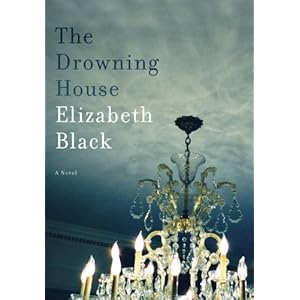I am the Common Reader: Virginia Woolf on pleasure, reading, & the survival of literature
Despite her knowledge of Greek and her voracious reading of the classics, Virginia Woolf considered herself a self-taught reader. As a woman, she had been denied the illustrious Oxford education that the men in her family enjoyed. As it turns out, her lack of affectation, her insistence on taking pleasure in reading, is what makes her essays on literature so lucid, smart, and delicious to read.
Reviewing The Essays of Virginia Woolf, Volume 6: 1933-1941, for the December issue of The Atlantic Monthly, Benjamin Schwarz notes that, despite Woolf’s place in “the highest stratum of the English intellectual aristocracy,” her essays were written not for the academic but for the common reader, the category in which she rather modestly placed herself. The common reader, she posited, “reads for his own pleasure rather than to impart knowledge or correct the opinions of others.”

![]()
Here, Schwarz excerpts Woolf’s essay “Hours in a Library”:
A reader must check the desire for learning at the outset; if knowledge sticks to him well and good, but to go in pursuit of it, to read on a system, to become a specialist or an authority, is very apt to kill…the more humane passion for pure and disinterested reading. The true reader is a man of intense curiosity; of ideas; open-minded and communicative, to whom eating is more the nature of brisk exercise in the open wire than of a sheltered study.
For all of her wealth and status–the very condition that allowed her the coveted room of one’s own–Woolf also believed passionatelym Schwarz notes, in the democracy of reading, as evidenced in her essay “The Leaning Tower.”
Literature is no one’s private ground; literature is common ground.
Woolf’s prescription for the survival of literature, which might have ruffled feathers in her time, is no less meaningful today. Literature will survive, she wrote,
if commoners and outsiders like ourselves make that country our own country…teach ourselves how to read and how to write, how to preserve and how to create. …


